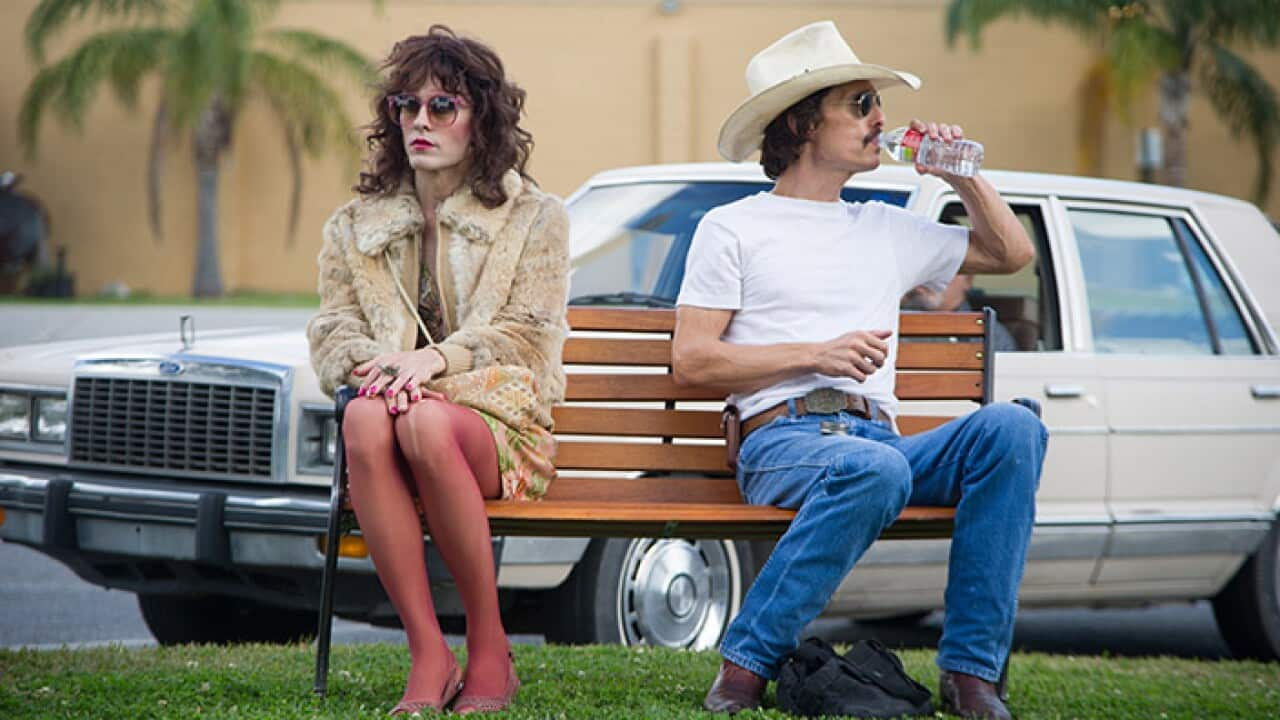The company that owns copyright for the film, Voltage Pictures, has been attempting to get internet service providers to handover the contact details of 4726 customers it said illegally downloaded the film.
Ruling on the appeal, brought by Marque Lawyers on behalf of Dallas Buyers Club (DBC), Justice Perram said the entire case would be thrown out by February 11 unless other steps are taken.
"Some finality must now be brought to these proceedings,” Justice Perram said in his judgment.
"What I will do is make a self-executing order which will terminate the proceedings on Thursday 11 February 2016 at noon, unless DBC takes some step before then."
Justice Perram said the DBC had been overreaching in its request for more expensive damages from the illegal downloaders.
"There is no reason why DBC could not have led its evidence about what a reasonable licence fee would have been at the earlier hearing," he wrote. "It needs to be kept in mind that what is before the Court is a preliminary discovery application, not Ben-Hur.”
"The interests of justice are not served in comparatively modest procedural litigation such as the instant case by permitting no stone to go unturned. The enterprises of the parties must be kept proportionate to what they are arguing about."
Shelston IP Lawyers partner Mark Vincent said those internet customers who had downloaded Dallas Buyers Club illegally can breathe a sigh of relief.
He said the decision by Justice Perram to rule out exorbitant damages means there are only two types of damages the Justice thinks is appropriate.
Those damages include the retail cost of the film, around $20, and the proportion of the cost DBC has incurred to get the downloaders’ details.
“So I think is a bit of a sigh of relief from people who think they might be in the firing line here. And it has been a bit of blow on blow for Dallas Buyers Club just coming up against the Australian legal system. There are real limits on what you can claim.”
He said the case has shown the strategy of prosecuting individuals for copyright theft in Australia has not proven lucrative or effective.
“It’s going to be hard to make the cost back in pursuing this,” he said.
“The court has made it clear that it will take a different approach to individuals with a single domestic use of an infringing work than what they might take with a large-scale commercial infringer.”
He said new commercial models and legislative approaches like New Zealand’s three strikes policy for copyright theft might are emerging as more viable options following this case.
“And this is one of the first tests of this strategy of going after thousands of individual downloaders. It hasn’t worked in Australia.
“But I guess the other message that will come out of this is that they even need to have new commercial models for distributing content to stop this unlawful downloading, and I point to NetFlix as a good example of that, or another legislative approach to deal with this because proceeding in the courts isn’t working.”
Dallas Buyers Club has until noon on February 11 to make an appeal.

